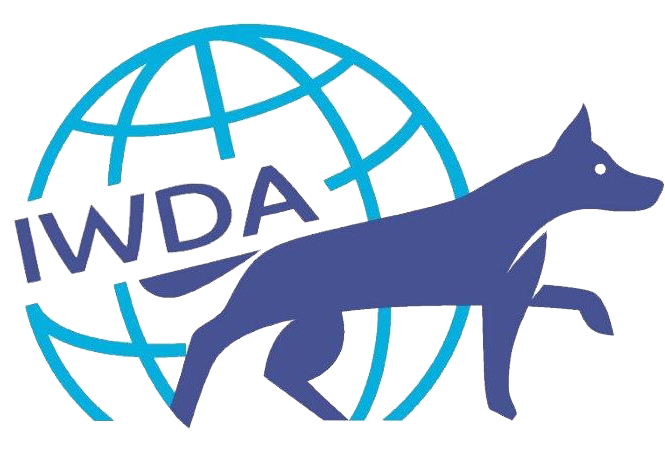By Jed Weisberger
IWDBA Communicatiions
Are you a dog trainer, or are you interested in how a service dog could help a Veteran you know who has issues with PTSD or substance addiction? If you do, the University of Saskatchewan in Saskatoon has something you could both broaden knowledge and excite.Maryellen Gibson manages a Health Canada Funded-project, PAWSitive Support Program for Veterans with Post Traumatic Stress Disorder and Who Problematically Use Substances, with the Department of Sociology at the University. The above link will bring you to https://servicedogresearch.ca and explain the project and an on-line course.
Following research that began in 2016, as a research partnership between the University and a service dog organization in Canada, and directed by past IWDC speaker Dr. Colleen Dell, an on-line course Toolkit for Service Dog Organizations informing service dog trainers about recovery from substance use health problems, and the important role of peer support and connection for the wellness of their Veteran dog handlers diagnosed with posttraumatic stress disorder (PTSD) was developed.
“There are those who are experts in selecting and training dogs, and there are our people (at our University) who are experts in PTSD and other issues who have researched how dogs can help Veterans in Canada and others facing those issues,” said Gibson. “We feel the on-line course can bridge the gap between the two and help the canine-human relationship in this area.”
The toolkit includes:
-
An online certificate course made up of nine modules, a completion certificate, and should take between two to three hours to complete, and
-
Access to substance use recovery and peer support resources.
Although the course is mainly funded by Health Canada and recognized by Canadian authorities, anyone from anywhere can access the course.. About 200 have attempted the course, which takes a few hours, and 50 have completed it and received a certificate.
“We have had several from the United States, Australia and European countries,” said Gibson. “We welcome anyone interested to take the course.”
The goal of the patient-oriented project, according to the University, is to inform Canadian service dog organizations working with Veterans diagnosed with post-traumatic stress disorder (PTSD) about recovery from problematic substance use for inclusion in their training programs. The information shared is based on the latest evidence and specific attention is paid to the role of distance peer support in recovery.
Dr. Dell is an animal therapy researcher and practitioner specializing in treatment for mental health, addictions, and well-being. She is currently a Professor and Centennial Enhancement Chair in One Health & Wellness in the Department of Sociology and Associate in the School of Public Health at the University. She is also a Senior Research Associate with the Canadian Centre on Substance Use & Addiction.
More information can be obtained from the links mentioned above and at the project’s Facebook page at https://www.facebook.com/Pawsitivecanineconnections.
